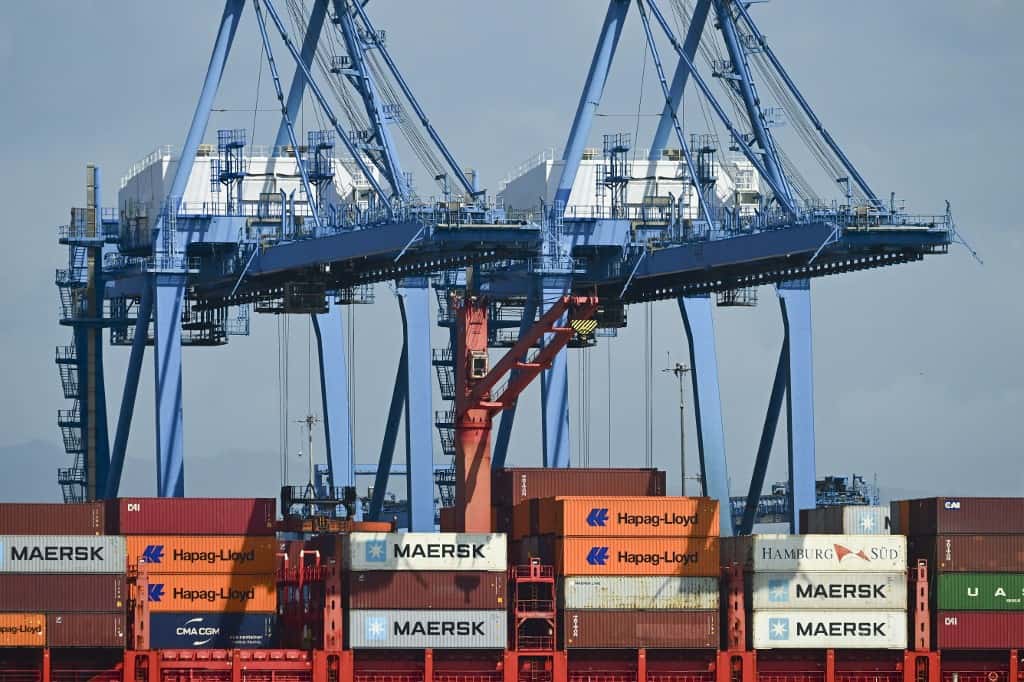After months of negotiations, Canada and Google reached an agreement for the American company to compensate Canadian media for sharing or reusing its news content. The internet giant will pay 100 million Canadian dollars (about 74 million US dollars) each year, although this amount will be indexed to inflation. In this way, Google agrees to adhere to the Online News Law, approved on June 22 and which will come into force on December 19.
Inject resources into a news ecosystem
The regulations seek to inject resources into a news ecosystem mainly affected by the reduction in advertising and subscription revenues. Since 2008, more than 450 newsrooms in the country have closed their doors. As part of the agreement, Google will make payment to a single entity that represents the media, instead of negotiating agreements with each of them. The company had threatened to block news for its Canadian users. In early August, Meta ended the availability of news content on Instagram and Facebook in Canada.
Estimates from the Canadian government during debates on the Online News Act (bill known as C-18) indicated that Google would have to contribute about 172 million Canadian dollars. This Wednesday’s announcement indicates that there will be 72 million less. Pascale St-Onge, federal minister of Canadian Heritage, declared that this agreement represents “a historic moment” as it establishes a fairer system for the media. He also noted that the Canadian government was able to “respond to Google’s concerns.” The minister specified that Canada reserves the right to review the terms if Google obtains a more advantageous agreement in other countries.
Ensuring journalist livelihood
Prime Minister Justin Trudeau noted that the commitment “will serve to ensure that journalists, including those from small local media, are supported for years to come.” Trudeau also expressed that many countries are closely following the new Canadian regulations. The Online News Law was based on the one passed by Australia in 2021, although adding more rigorous points.
In addition to blocking news for Canadian users on Instagram and Facebook, Meta froze various agreements and scholarships previously signed with Canadian media and cut off contacts with the authorities of the North American country. In response, the Canadian government stopped buying advertising on both platforms. Quebec joined the decision, as did various media outlets in the province.
Following the announcement of the agreement reached with Google, a Meta representative told CTV News that Canadian regulations, in their current form, remain “unviable” for the company. Negotiations remain at a standstill. “Unfortunately, Meta continues to completely abdicate any responsibility towards democratic institutions,” Trudeau said Wednesday. Pascale St-Onge added that Facebook must explain “why it is allowing misinformation on its platform instead of supporting our new system and participating in the viability of our information sector.”
Source link
TCRN STAFF



